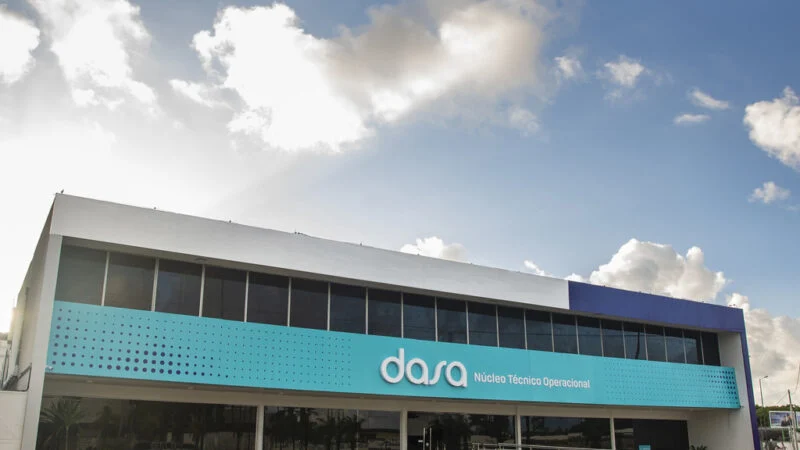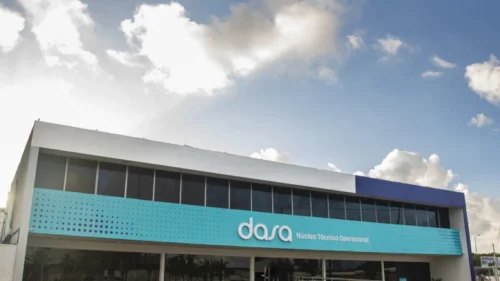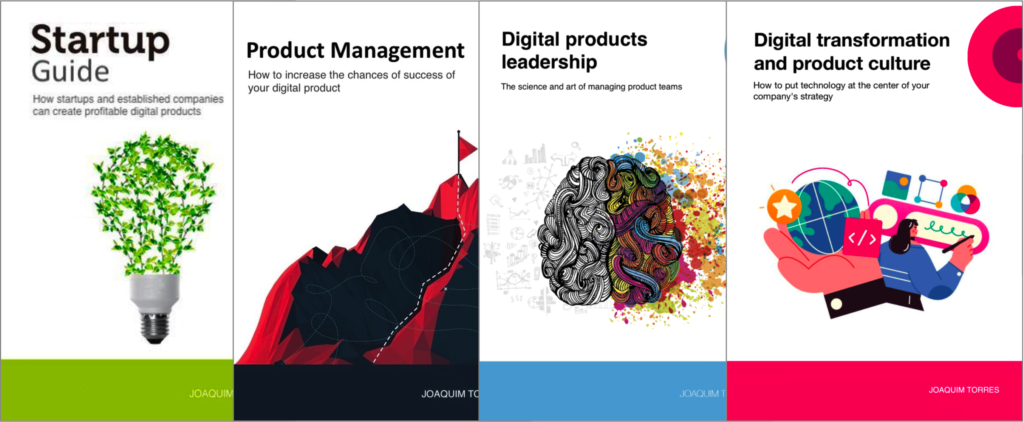
Using product mindset in services, or is it the other way around?
23 de April, 2024
Discovery is not a process, part 2
6 de May, 2024As the largest integrated healthcare network in Brazil, serving patients from end to end, from diagnosis to high complexity, Dasa currently employs over 50,000 dedicated professionals involved in every stage of patient care. The company operates 15 reference hospitals and 59 diagnostic brands spread across more than a thousand units throughout Brazil. Additionally, Dasa Group serves as a manager of benefits and corporate health solutions, playing a strategic role in customizing companies’ tools, technologies, and resources.
Fernanda Bohn, Executive Manager of Digital Products, joined the network in 2018 as a Product Manager in the customer experience area, focusing on the online exam scheduling product. The objective of this area was to reduce the volume of calls to the Customer Service Center (NAC), increasing efficiency in scheduling while providing more autonomy and improving the patient experience.
In this context, exam scheduling presented a complex logistics challenge, as each procedure had various specificities and protocols to follow. A simple example is that, often, an X-ray cannot be scheduled on the same day as another type of exam, such as an MRI. Adding to this complexity, Dasa is a multi-brand company with a national presence, and each brand serves specific audiences, leading to its unique exam scheduling processes and particularities.
Challenges and implemented solutions
In this scenario, the challenge was to develop a scheduling system that would uniquely cater to these different brands. As the development process could take a considerable amount of time, the team decided to phase the implementation:
- The first decision was to focus on the brands whose systems were used by the largest number of network companies.
- The priority then shifted to addressing cases in which individuals scheduled a single exam, which represented about 40% of the scheduling requests.
- There were also frequent calls for scheduling exams that did not require prior booking but only required preparation instructions, such as blood tests that needed fasting. This type of scheduling was the first use case implemented in the new system.
After implementing these phases, the team gradually expanded online scheduling to more brands and exams, always with quick, gradual, and frequent deliveries until it covered the entire Dasa network. For the development of this project, three main squads were allocated, each focusing on different aspects:
- Front-end: improving functionalities and conversion (implementing the routine of a weekly scheduling funnel meeting with management to discuss actions).
- Scheduling Back-end: creating rules to enable more exams based on a unified structure, starting from the simplest to the most complex brands in terms of rules.
- Back-end de dados: creating a structure for the unified consumption of records (exams, agreements, units) and data cleansing for brands (also respecting exams enabled by rules).
Focusing on these gradual deliveries, the three backlogs were fully aligned. Cases were discussed daily, and progress was ensured in the same direction.
The first version of online scheduling was launched in 2018, and by 2022, the system had complete coverage of brands and exams. During this period, online scheduling multiplied nearly 30 times and, by the end of 2022, accounted for over 30% of Dasa’s total exam bookings.
This example illustrates the application of the principle of rapid and frequent deliveries. Dasa successfully divided a complex system into small deliverables, increasing the efficiency of its customer service team while providing a better experience for the patient.
Moreover, these gradual deliveries allowed the team to receive feedback from real users to improve upcoming deliveries continuously. Note that it took almost 4 years to build the entire system. If they had waited for the system to cover all types of exams and all brands of the Dasa Group before launching, they would only see results four years after the start of development, and there would be a significant risk of the system having many functional issues, requiring a massive volume of corrections.
Digital transformation and product culture
This article is another excerpt from my newest book “Digital transformation and product culture: How to put technology at the center of your company’s strategy“, which I will also make available here on the blog. So far, I have already published here:
- About the book
- Part 1: Concepts
- Chapter 1: The so-called digital transformation – Project and Product
- Chapter 2: Uncertainty and digital transformation
- Chapter 3: Types of company
- Chapter 4: Type of company vs digital maturity
- Chapter 5: Business models
- Chapter 6: Agile, digital and product culture
- Part 2: Principles
Workshops, coaching, and advisory services
I’ve been helping companies and their leaders (CPOs, heads of product, CTOs, CEOs, tech founders, and heads of digital transformation) bridge the gap between business and technology through workshops, coaching, and advisory services on product management and digital transformation.
Digital Product Management Books
Do you work with digital products? Do you want to know more about managing a digital product to increase its chances of success, solve its user’s problems, and achieve the company objectives? Check out my Digital Product Management books, where I share what I learned during my 30+ years of experience in creating and managing digital products:
- Digital transformation and product culture: How to put technology at the center of your company’s strategy
- Leading Product Development: The art and science of managing product teams
- Product Management: How to increase the chances of success of your digital product
- Startup Guide: How startups and established companies can create profitable digital products



